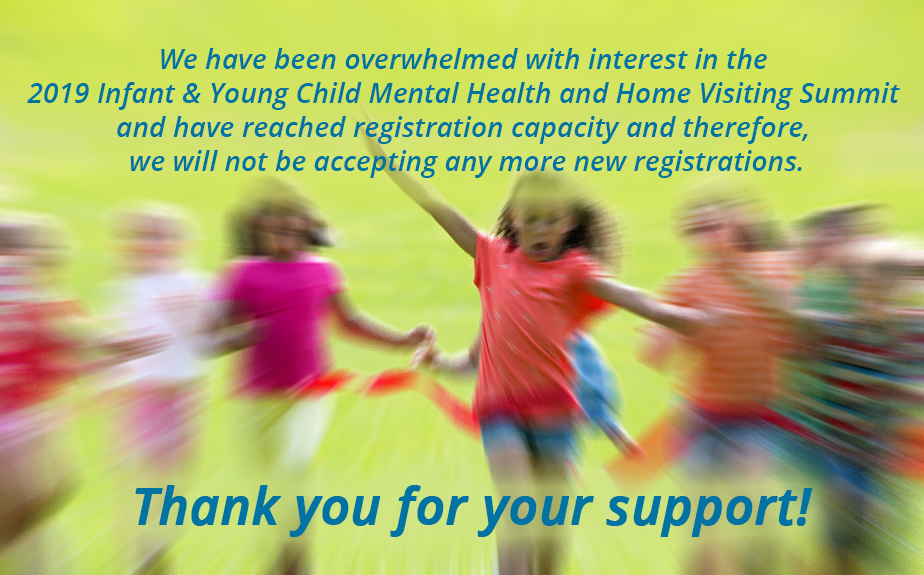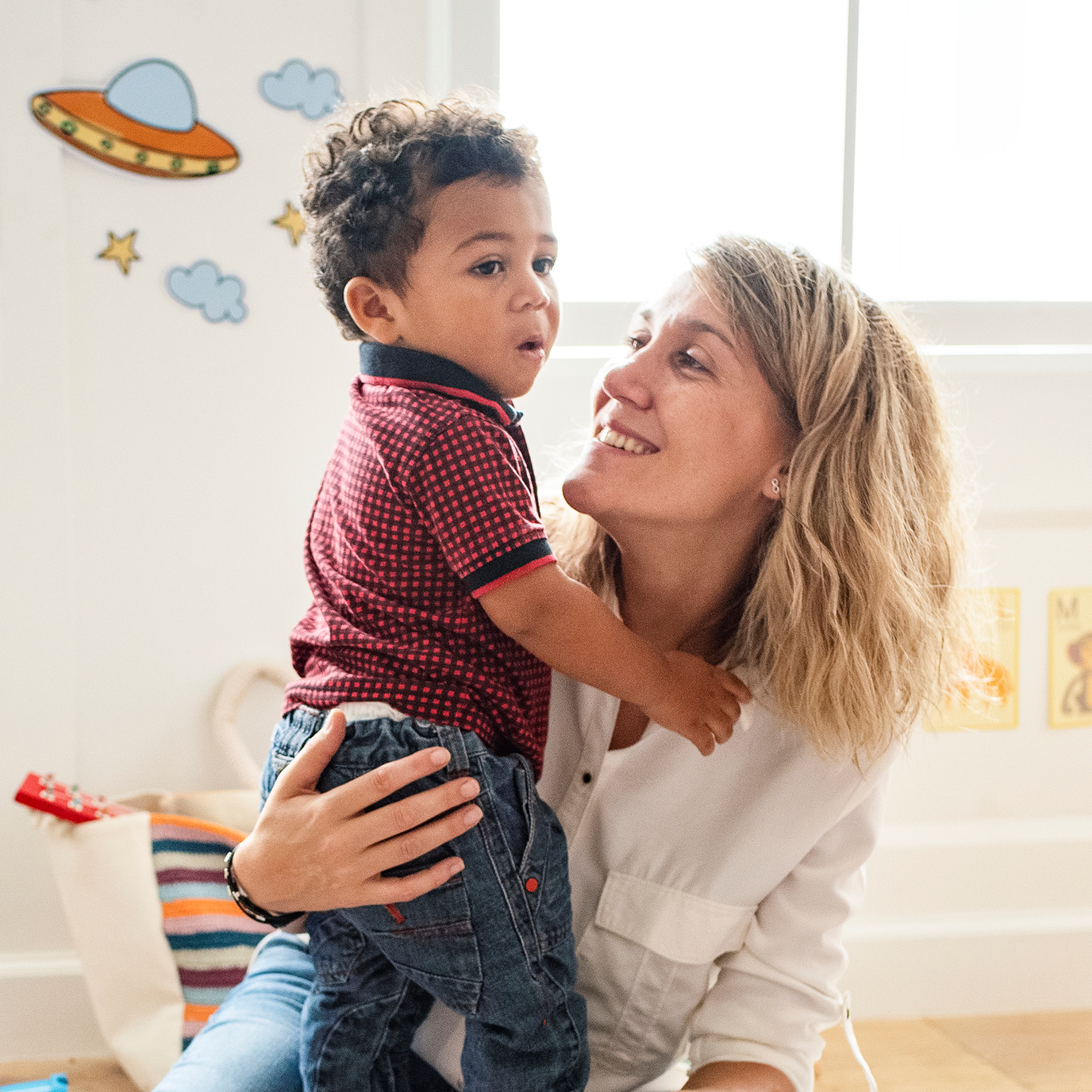
2019 Infant & Young Child Mental Health & Home Visiting Summit | November 12-14
 To bring about lasting, positive change for young children and families, mental health professionals and Home Visitors are coming together for a three-day conference. This Summit will include one-full day centered on Infant and Young Child Mental Health and two days focused on Home Visiting.
To bring about lasting, positive change for young children and families, mental health professionals and Home Visitors are coming together for a three-day conference. This Summit will include one-full day centered on Infant and Young Child Mental Health and two days focused on Home Visiting.
The conference will be held November 12 – November 14, 2019 in Greensboro, North Carolina at the Greensboro Marriott Downtown at 304 N Greene Street, Greensboro, NC 27401. Conference check-in will take place from 7:30am to 8:30am on November 12 and 13.
The first day of the Summit, Tuesday, November 12, organized by the North Carolina Infant/Young Child Mental Health Association (NCIMHA), will focus on key early childhood mental health topics and building the capacity of adults to provide safe, nurturing environments and relationships for children under the age of five.
November 13 – 14 will focus on Home Visiting to strengthen and coordinate North Carolina’s home visiting system. These two days will enhance the knowledge and skills of NC’s home visiting professionals to meet the complex needs of families and children across the state.
The Infant and Young Child Mental Health Summit on November 12 costs $150.00 to attend. The Home Visiting Summit on November 13-14 costs $50.00. To attend both Summits on November 12-14, the cost is $200.00.
We also have a limited amount of spots for students to attend the first day of the Summit at a reduced rate of $75. The student rate will be available to the first 20 students and on a first come first serve basis. If you are a student interested in attending at the discounted student rate, email Sharon Loza at sharon.loza@unc.edu.
Contact specialevents@smartstart.org with your questions.
 Snacks and lunch will be provided each day of the conference. Please remember to select whether you will attend lunch and answer the corresponding dietary questions.
Snacks and lunch will be provided each day of the conference. Please remember to select whether you will attend lunch and answer the corresponding dietary questions.
Workshop focus areas include:
- Implementing trauma-informed practices
- Building community resilience
- Employing culturally responsive practices
- Understanding mental health and wellness
- Engaging with families from diverse socioeconomic backgrounds, languages and cultures
- Building authentic relationships with families
- And more!






